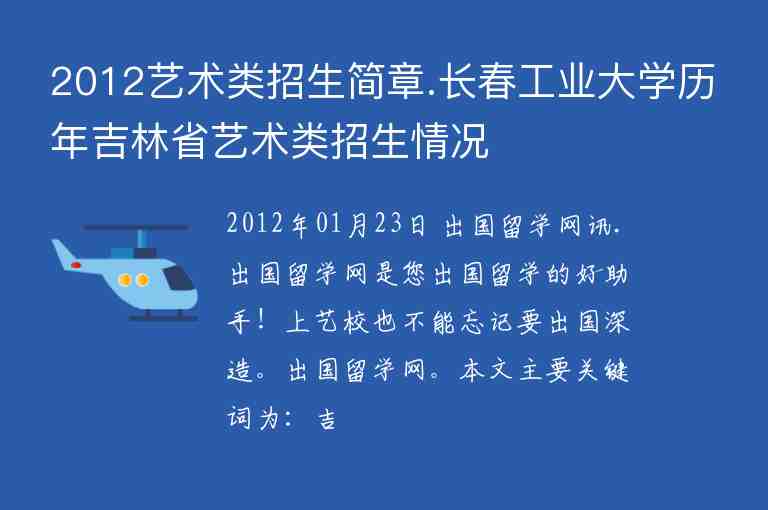infant是一个名词,指的是婴儿或幼儿。它也可以用来形容某件事物处于早期阶段,刚开始发展的状态。在医学上,infant也可以指出生后一年内的婴儿。
怎么读(音标)
英 [ˈɪnfənt] 美 [ˈɪnfənt]
用法
1. 作为名词,infant通常用来指出生后一年内的婴儿。:The hospital has a special unit for premature infants.(这家医院有一个专门的部门来照顾早产儿。)
2. 作为形容词,infant可以用来形容某件事物处于早期阶段,刚开始发展的状态。:The company is still in its infant stage and needs time to grow.(这家公司还处于初创阶段,需要时间来成长。)
例句1-5句且中英对照
1. The mother held her infant close to her chest, rocking him gently to sleep.(母亲把她的婴儿紧紧地抱在胸前,轻轻摇晃着让他入睡。)
2. The infant was crying loudly, hungry and in need of attention from his parents.(这个婴儿正在大声哭泣,他饿了并且需要父母的关注。)
3. The infant mortality rate in this country has decreased significantly in recent years due to better healthcare.(由于医疗条件的改善,这个的婴儿死亡率近年来已经显著下降。)
4. The company's new product is still in its infant stage and needs more testing before it can be released to the market.(这家公司的新产品还处于初创阶段,需要更多的测试才能投放市场。)
5. The infant industry was struggling to survive in a highly competitive market.(这个新兴产业在竞争激烈的市场中苦苦挣扎着生存。)
同义词及用法
1. baby:也可以指婴儿或幼儿,但更常用来指出生后一年内的婴儿。
2. newborn:指刚出生不久的婴儿。
3. toddler:指学步前的幼儿,通常指1-3岁左右。
4. youngster:也可以用来指幼儿,但更常用来指稍大一些的孩子,通常是指学龄前或学龄初期的孩子。
编辑总结
infant一词既可以作为名词表示“婴儿”,也可以作为形容词表示某件事物处于早期阶段。它还有医学上特定含义,指出生后一年内的婴儿。在写作中,我们可以根据具体语境来选择使用infant还是其他同义词,以丰富文笔。同时,注意infant的发音为[ˈɪnfənt],不要把它读作“英凡特”或者“因凡特”。

